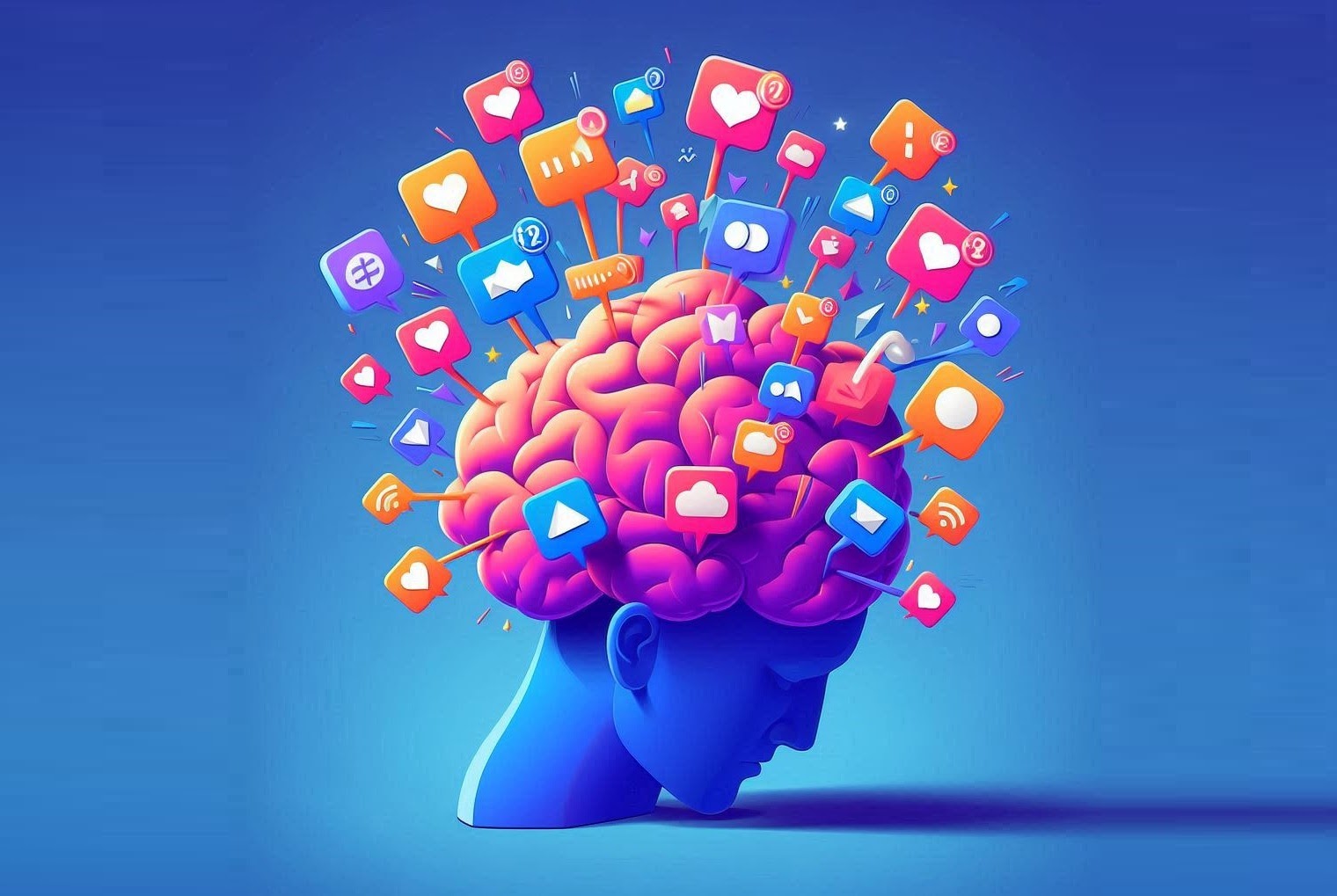He described how many younger professionals working in research struggle to maintain attention when surrounded by digital noise. From his experience, those trying to stay focused often choose to shut their phones off entirely. It appears to be the only effective method they’ve found for protecting time and mental space needed for deep work.
Although Schmidt spent years in the tech industry helping companies build systems that rely on notifications and content streams, he now sees that approach as harmful to focus. The design behind many platforms aims to keep users engaged as long as possible, often by interrupting them throughout the day. This model, which puts a price on attention, has spread across digital services, shaping how people work and unwind.
He pointed to the way screen-based tools are now promoted as solutions for stress and mental fatigue. At the same time, those tools remain part of a system built to keep people connected and looking at screens. From his view, real rest and clear thinking often come when that connection is removed.
Research into attention also reflects this trend. The average time people stay focused on a screen task has dropped over the years. In earlier studies, the number was measured in minutes. Now it often lasts under a minute. While phones and apps provide access and convenience, they also add layers of distraction. For those trying to write, solve problems, or study complex ideas, this makes the work more difficult to complete without interruption.
In response to Schmidt’s comments, companies that make relaxation apps said that screens can still support mental health when used properly. They argued that digital tools are not always harmful, depending on how they are used. Still, the contrast between design goals and user wellbeing remains a point of concern.
Schmidt’s comments don’t come with a full solution. But the advice he shares reflects what some workers are already doing, setting their devices aside when it matters most.
Notes: This post was edited/created using GenAI tools. Image: DIW-Aigen.
Read next: Most Firms Still Struggle to Scale AI Securely
